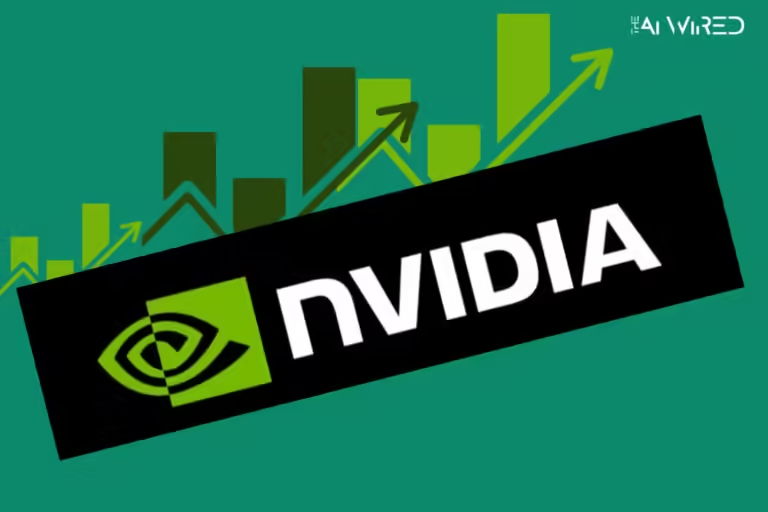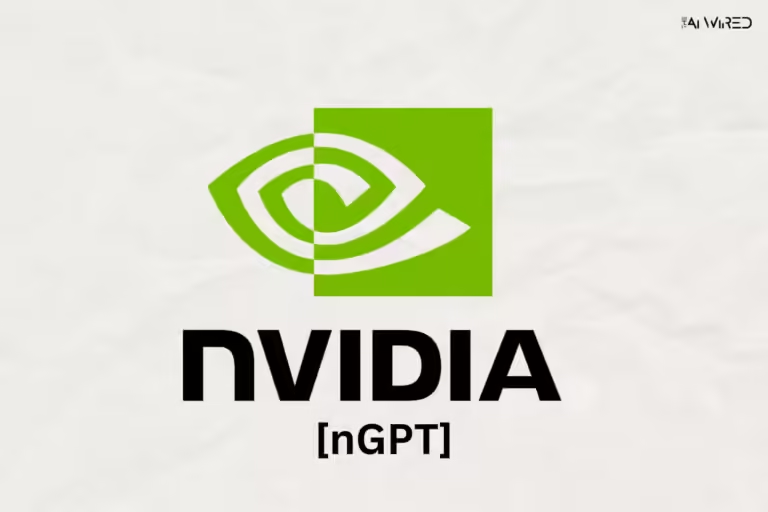
Meta Unveils AI Models, Including ‘Self-Taught Evaluator’ to Reduce Human Role
Meta releases new AI models, such as a “self-taught evaluator,” to reduce the need for humans to work on AI development.
Meta, the company that owns Facebook, said on Friday that it was releasing a group of new AI models from its research division. One of these models is a “self-taught evaluator” which could lead to less human involvement in the process of making AI.
The release comes after Meta introduced the tool in an August paper. The paper explained how it uses the same “chain of thought” method as OpenAI‘s newly released O1 models to make accurate decisions about how the models will respond.
This method involves breaking down difficult problems into smaller, more manageable steps. It seems to help people get better answers to challenging problems in math, science, and coding. Meta’s researchers trained the evaluator model with only AI-generated data, so no human input was needed at that point either.
Two Meta researchers who worked on the project told Reuters that being able to use AI to reliably test AI shows a possible way to make self-driving AI agents that can learn from their mistakes. Many individuals in the AI field perceive these agents as intelligent digital assistants capable of performing various tasks independently.
The Future of Self-Improving AI
Reinforcement Learning from Human Feedback is a process that is often expensive and inefficient. Human annotators, who possess specialized knowledge, are required to accurately label data and verify the accuracy of answers to complex math and writing questions. Self-improving models could get rid of the need for this process.
“As AI gets more and more like humans, we hope that it will get better and better at checking its work until it is better than the average person,” said researcher Jason Weston.
“Being self-taught and capable of self-evaluation is fundamental to achieving this super-human level of AI,” he continued. Other companies, such as Google and Anthropic, have studied Reinforcement Learning from AI Feedback (RLAIF). Conversely, these companies don’t usually let anyone use their models like Meta does.
On Friday, Meta also unveiled new AI tools, including an update to its image-identification Segment Anything model, a tool that expedites the creation of LLM responses, and datasets that aid in discovering new inorganic materials.


